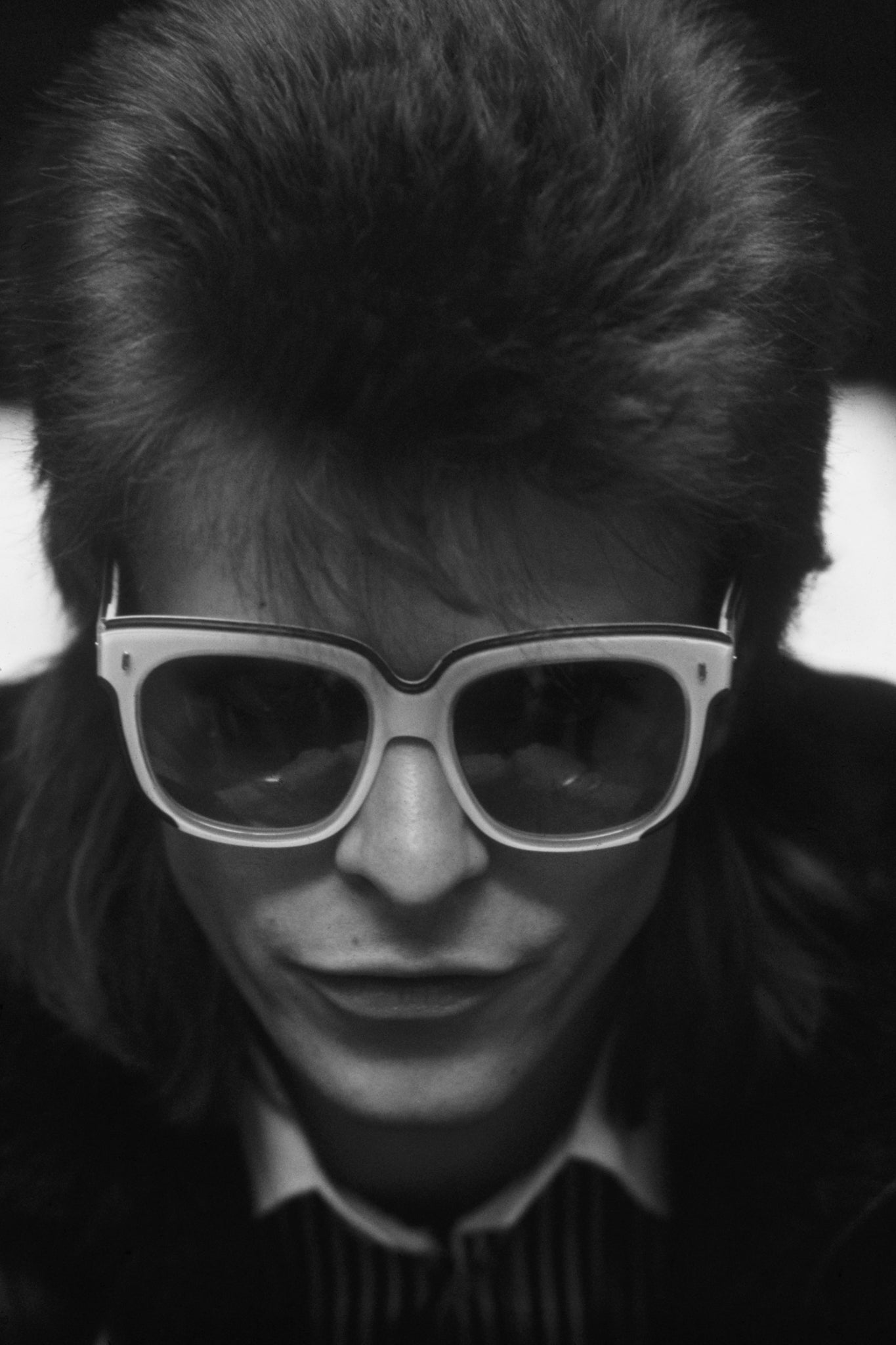Today's announcement that reclusive rocker David Bowie is back in business years after the world assumed he had retired will not come as a shock to anyone who has followed his career.
The star has made a habit of confounding the critics - killing off his most famous creation at the height of his fame - and reinventing himself in roles including glam rocker, soul singer and hippie songwriter.
Bowie, born David Jones in post-war Brixton, south London, kicked off his music career in the R&B boom of the early Sixties playing with a succession of bands including the Mannish Boys and the Lower Third.
The success of Davy Jones, frontman of The Monkees, led to the name change and in 1969 he made his first appearance in the charts with Space Oddity.
A string of albums followed, before 1972's The Rise And Fall Of Ziggy Stardust And The Spiders From Mars made him an international star.
The album, which tells the story of an alien rockstar, saw Bowie indulge his eye for the theatrical with a string of live shows and television appearances that saw him conquer America and create an otherworldly reputation that still clings to him.
At the same time, he was producing albums for Lou Reed and Iggy Pop and writing one of his greatest songs - "All The Young Dudes" - which he promptly gave away to Mott The Hoople who had a massive hit with it.
Bowie's announcement - during a London gig - that he was retiring Ziggy did not stop the commercial success and the hits kept coming as he toured and recorded albums including Aladdin Sane, Diamond Dogs and his tribute to the swinging London scene that inspired him - Pin Ups.
His soul-inspired Young Americans saw him change direction again and gave him his first US number one when his collaboration with John Lennon on Fame topped the charts in 1975.
Enjoy unlimited access to 70 million ad-free songs and podcasts with Amazon Music
Sign up now for a 30-day free trial
Enjoy unlimited access to 70 million ad-free songs and podcasts with Amazon Music
Sign up now for a 30-day free trial
Bowie played on his alien alter-ego with a successful move into acting - playing the lead character in the science fiction film The Man Who Fell To Earth, before moving to Berlin.
The influence of the then divided city inspired a trio of albums - Low, Heroes and Lodger - which produced hits including Sound And Vision and Boys Keep Swinging and are widely regarded as among his finest work.
The 1980s saw him combine his pop career with appearances in films including Merry Christmas, Mr Lawrence and Absolute Beginners.
The rise of the New Romantic scene in the UK betrayed an obvious Bowie influence and he continued to record and tour filling massive US stadiums and selling albums by the million.
1988 brought a new venture - and what many fans thought was a new low - when he returned as one quarter of rock band Tin Machine.
Their initial success soon faded and by 1993 Bowie was back on his own with the solo album Black Tie White Noise.
He had married supermodel Iman a year earlier and settled in New York but continued to tour and record until 2003 when he released Reality.
It was his 23rd - and many assumed last - studio album and was followed by some low-key live appearances, an acting role in the 2006 film The Prestige, but no new music until now.
PA
Subscribe to Independent Premium to bookmark this article
Want to bookmark your favourite articles and stories to read or reference later? Start your Independent Premium subscription today.


Join our commenting forum
Join thought-provoking conversations, follow other Independent readers and see their replies